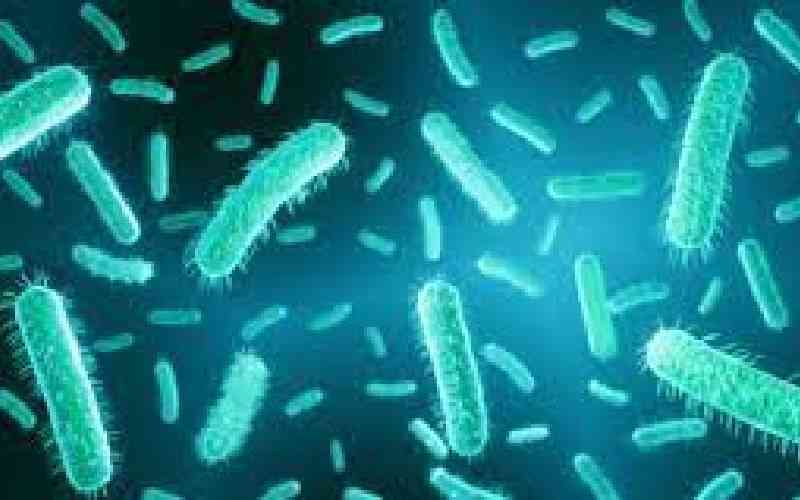×
The Standard e-Paper
Kenya’s Boldest Voice

A recent study found that the number of E. coli bacteria is increasing in Nairobi, making people sick more often.
E. coli is a type of bacteria that lives in the intestines of humans and animals and causes stomach cramps, diarrhoea, and vomiting.